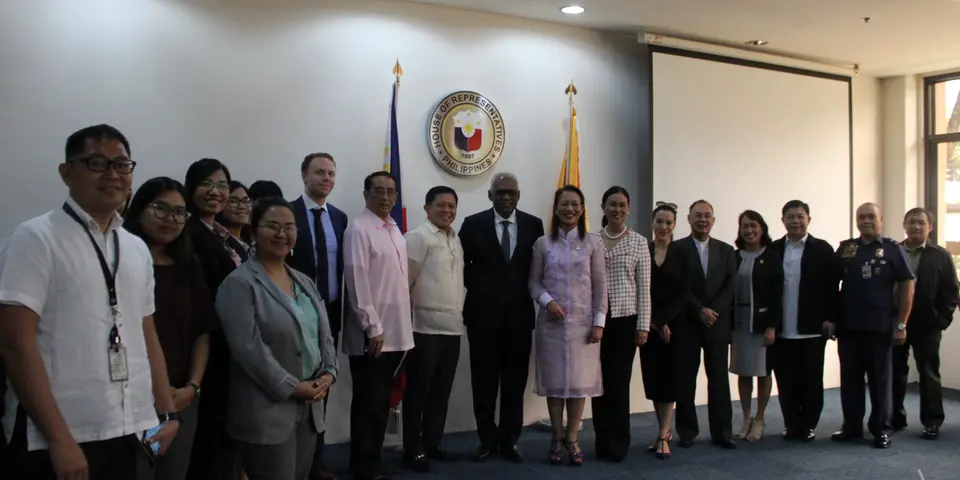
ASEAN Parliamentarians and civil society call for greater regional refugee protection
September 18, 2018

MANILA – This week, ASEAN parliamentarians, lawmakers and refugee experts have convened in the Philippines for a series of refugee forums. Aimed at fostering an exchange of knowledge and regional perspectives on the refugee situation across Southeast Asia, more than a dozen Philippines MPs from across the political spectrum are expected to attend both forums.
As one of only two countries in Southeast Asia to have signed the 1951 Convention Relating to the Status of Refugees and its 1967 Protocol, the Philippines has historically been considered a refugee-friendly country. Not only does it have a legal protection framework, it also has a functioning national system for registration and refugee status determination. Refugees are allowed to stay, work and travel abroad, and are able to integrate into local communities. It is these positive practices – which are noticeably absent across most of ASEAN – that formed the basis for these two back-to-back awareness-raising forums.
On 11 September, a forum on refugee awareness and protection mechanisms, jointly organised by the Philippines Committee on Human Rights, ASEAN Parliamentarians for Human Rights (APHR) and the Asia Pacific Refugee Rights Network (APRRN) was held in the Philippines Congress. During this half-day forum, APRRN’s Deputy Chair Lilianne Fan gave an overview of the regional and international perspective, and highlighted factors such as protracted conflict, xenophobia, and political instability that has brought about the alarming rise in displaced persons across the globe. Parliamentarians from the Philippines,Thailand and Malaysia provided insight into the refugee situation in their respective domestic contexts, and engaged in an open and frank dialogue on opportunities and challenges for promoting regional refugee protection.
Throughout the parliamentary forum, participants engaged in robust discussions regarding the capacity of ASEAN to deal with refugee and mixed migrations movements. This included the need for ASEAN to develop a comprehensive refugee and asylum policy i.e. one that includes guidance on actions to be taken as a result of large-scale refugee movements. This discussion is particularly relevant given the most recent large-scale exodus of Rohingya from Myanmar.
APHR Board Member and Malaysian MP Charles Santiago said: “It is encouraging to see Philippines parliamentarians taking a proactive stance to sharing and exchanging knowledge on this issue with MPs from other ASEAN member states. More engagement like this is exactly what we need to push ASEAN forward in developing regional cooperation on refugee protection.”
On 12 September a half-day Civil Society Refugee Forum will be hosted by the Commission on Human Rights of the Philippines, in conjunction with APHR and APRRN. At this event, members of civil society, the Commission on Human Rights, ASEAN parliamentarians and other non- governmental stakeholders will have the opportunity to learn more about the refugee situation in the Philippines and across the region.
APRRN’s Deputy Chair Lilianne Fan noted that: “Within ASEAN, there is an opportunity for the Philippines to take on a leadership role in advancing protection for all refugees in the region. As resettlement options are decreasing globally, there is an urgent need for political courage to look towards finding other durable solutions such as work rights and local solutions.”
ASEAN Parliamentarians for Human Rights (APHR) was founded in June 2013 with the objective of promoting democracy and human rights across Southeast Asia. Our founding members include many of the region's most progressive Members of Parliament (MPs), with a proven track record of human rights advocacy work.